Three draft laws: Land (amended), Real Estate Business (amended) and Housing (amended) are expected to be passed by the 15th National Assembly (NA) at its ongoing 6th session. Many opinions expect this will be an important driving force to "break the ice" of the real estate market in the coming time.
Removing barriers, creating legal corridors
Regarding the draft Land Law (amended), lawyer Bui Dinh Ung (Hanoi Bar Association) hopes to resolve the overlapping and conflicting issues within land policies and laws and between land policies and laws and other related laws; thereby creating an important driving force for socio-economic development.
Lawyer Ung said that in reality, there are many disputes and complaints arising from land prices, including land price determination that does not ensure the rights of all parties. One of the goals of amending the Land Law is to determine land prices close to the market. Therefore, the draft law has proposed land valuation methods including comparison, income, surplus and land price adjustment coefficient. "Hopefully, the regulations on land valuation in the draft Land Law (amended) this time will resolve the problems arising in practice," said lawyer Ung.
Sharing the same view, National Assembly delegate Vu Tien Loc, Chairman of the Vietnam International Arbitration Center, said that one of the important new points of the draft Land Law (amended) is the change of legal tools for land valuation. Previously, land valuation was based on the state price framework and was established according to administrative principles. The draft has proposed a new option of not regulating the land price framework and deciding by price list, ensuring compliance with market principles.
"When we ensure that the land price list is determined close to the market price, we will ensure that the current problems in determining land prices are overcome and the interests of all related parties will be harmonized. This is also a very important basis for transactions between people and businesses based on the reference price of the state according to regulations" - Mr. Loc commented.
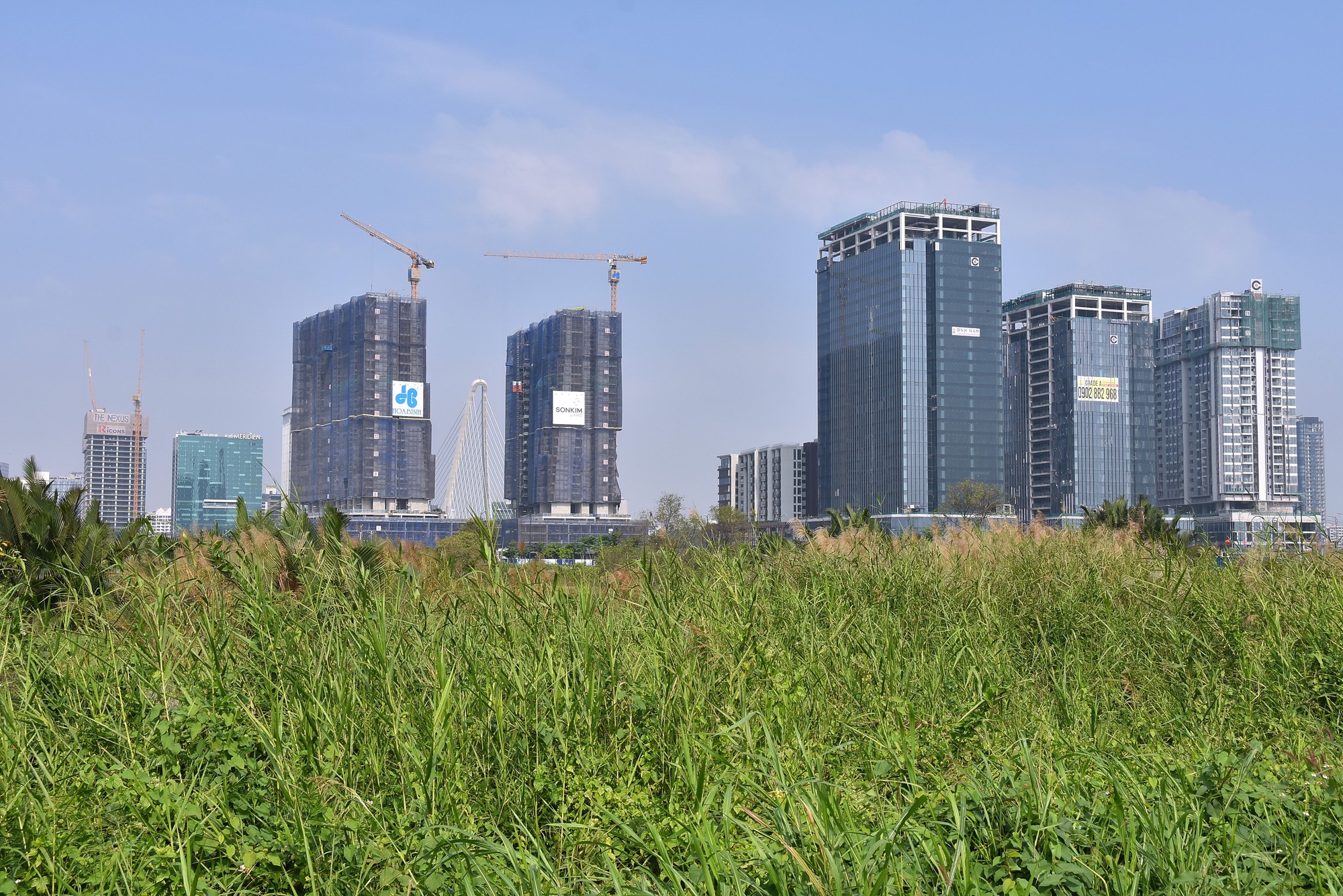
The real estate market is expected to flourish if the three draft laws: Land (amended), Housing (amended), Real Estate Business (amended) are passed. Photo: TAN THANH
Economist - Dr. Can Van Luc also said that the legal framework is a major barrier when regulations on land, real estate, and construction overlap in many different laws, decrees, and guiding documents. This is a bottleneck that has been identified and is expected to be resolved in the three amended laws mentioned above. Mr. Luc said that it is necessary to review and amend regulations to ensure consistency between related laws; resolve issues regarding methods of determining land prices; and time for calculating land use fees and land rents.
Dr. Nguyen Van Dinh, Chairman of the Vietnam Association of Realtors (VARS), also shared the same view when he said that the above bills, especially the Land Law (amended), will remove overlaps in land management, thereby freeing up resources, creating conditions for investors with a clear and transparent legal framework, contributing to stabilizing the real estate market. "Hopefully, when the new regulations are issued, they will "revive" real estate projects that are facing difficulties, even "inactive" due to legal problems" - Mr. Dinh said.
Breakthrough mechanism to mobilize maximum resources
MSc. Nguyen Van Dinh, a real estate legal expert, said that the draft Land Law (amended) submitted by the Government to the National Assembly has proposed a breakthrough mechanism to mobilize maximum resources for investment projects. In particular, a prominent issue related to the mobilization of land resources in recent times is the mechanism for receiving land use rights transfer to implement urban area and commercial housing projects.
According to Mr. Dinh, in previous draft laws, all followed the plan: Investors must have or receive the transfer of the right to use residential land and non-agricultural land other than residential land, have paid land use fees or have paid land rent once, then they can implement commercial housing projects. This plan narrows the cases of land use to implement commercial housing projects compared to the current law. That is Law No. 03/2022/QH15, which stipulates that investors must have the right to use residential land and other land, which is considered too narrow, causing congestion for about 300 housing projects nationwide (investors have "collected land" but cannot implement it because there is no residential land).
In report No. 598/BC-CP dated October 23 sent to the National Assembly on some contents of the draft Land Law (amended), the Government proposed to revise the draft in a breakthrough direction: completely abolishing the requirements on the type of land that investors must own or receive a transfer to implement commercial housing projects.
Specifically, the Government proposes to abolish the provisions in Clause 4, Article 123; Clause 1, Clause 6, Article 128 of the draft (previously, it was stipulated that land use purposes can only be changed to implement commercial housing projects in cases where there is or has received a transfer of residential land and non-agricultural land other than residential land for which land use fees or land rent have been paid in one go).
According to Mr. Dinh, the Government's report also stated that cases of agreements to transfer land use rights for urban development mainly occur in newly developed areas that often do not have residential land, while the state's policy is to promote urbanization and urban beautification.
"I agree with this amendment because the immediate benefit is that it can help unblock about 300 housing projects nationwide, and the long-term benefit is to help promote the mechanism of equal agreement between businesses and people in voluntary land conversion, avoiding compulsory land acquisition. The important issue is that when investors are allowed to change land use purposes, land valuation must ensure compliance with the market so that businesses can fully fulfill their financial obligations, and harmoniously regulate land rent differences," said expert Dinh.
National Assembly Deputy Dieu Huynh Sang (Binh Phuoc) assessed that the draft Law on Real Estate Business (amended) has received, explained, and revised many contents and has also quite fully institutionalized the major policies of the Party and the State.
Specifically, perfecting the mechanism and policies for development and strict management of the real estate market and land use rights market, restructuring the real estate market on the basis of implementing land use planning and plans; housing development programs and plans to ensure sustainable development of the real estate market and overcome land speculation.
Lawyer NGUYEN TAN PHONG , Standing Member of Vietnam Real Estate Brokers Association:

Mr. NGUYEN TAN PHONG
Law enforcement needs to be closely monitored.
If passed, the three laws: Housing (amended), Land (amended), Real Estate Business (amended) will resolve conflicts and inadequacies in real estate business, management and use.
In particular, the Land Law (amended) and the Housing Law (amended) will create an important legal basis to promote housing development and support housing improvement for people. This is also an important factor to promote socio-economic development.
The Law on Real Estate Business, if passed, will overcome the situation of spontaneous real estate investment, causing imbalance and mismatch between housing supply and demand as in recent years; ensuring the real estate market develops stably, healthily and effectively.
However, I think that state agencies, social organizations and relevant parties need to closely coordinate, monitor and inspect the implementation of these laws. In addition, there should be appropriate policies and support mechanisms to address the difficulties caused by the negative impact of the COVID-19 pandemic on the real estate market.
TRAN KHANH QUANG, General Director of Viet An Hoa Real Estate Company:

Market waiting for positive signal
If the three laws: Housing (amended), Land (amended), Real Estate Business (amended) are passed, it will be very positive information for the real estate market. Because the remaining issues will be adjusted, facilitating mechanisms and transactions related to land and real estate business activities; especially creating favorable conditions for housing for people. In addition, the real estate market will be well controlled, developing more healthily and sustainably. More importantly, the request-grant mechanism for businesses and people will be eliminated.
It can be said that when these 3 laws are passed, it will gradually resolve 60%-70% of the old difficulties that have been plaguing the real estate market for a long time. Typically, it will resolve difficulties for projects that are still under construction due to procedures, land use fee calculation, or activities related to project licensing for investors.
Son Nhung wrote
Source: https://nld.com.vn/thoi-su/cho-cu-hich-cho-thi-truong-bat-dong-san-20231104215626202.htm




![[Photo] Unique folk games at Chuong Village Festival](https://vstatic.vietnam.vn/vietnam/resource/IMAGE/2025/4/10/cff805a06fdd443b9474c017f98075a4)
![[Photo] April Festival in Can Tho City](https://vstatic.vietnam.vn/vietnam/resource/IMAGE/2025/4/10/bf5ae82870e648fabfbcc93a25b481ea)
![[Photo] Opening of the 11th Conference of the 13th Party Central Committee](https://vstatic.vietnam.vn/vietnam/resource/IMAGE/2025/4/10/f9e717b67de343d7b687cb419c0829a2)





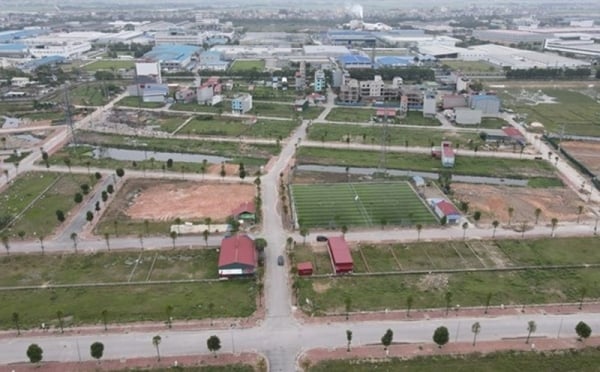


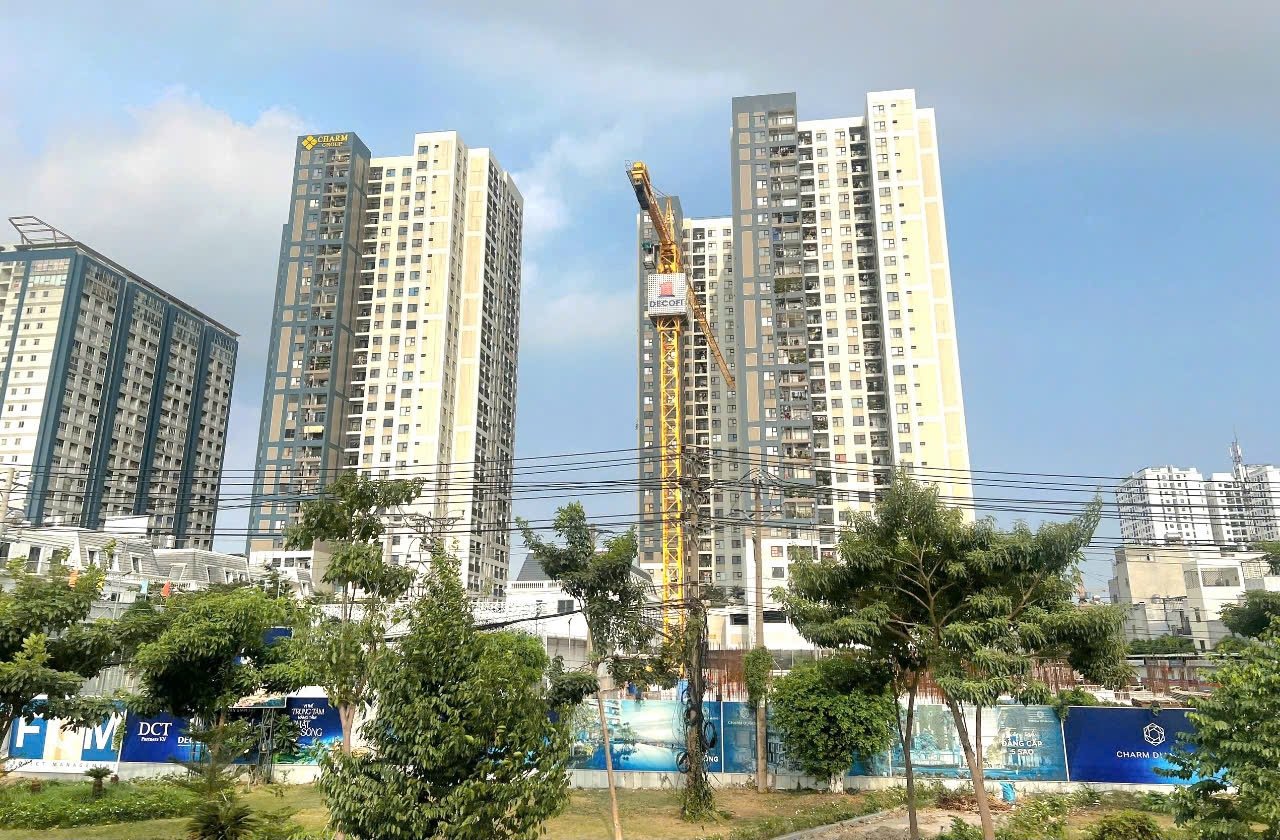


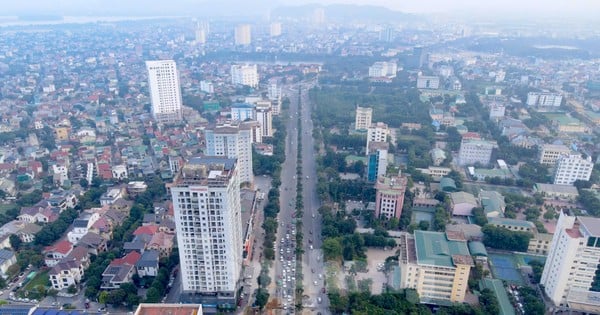
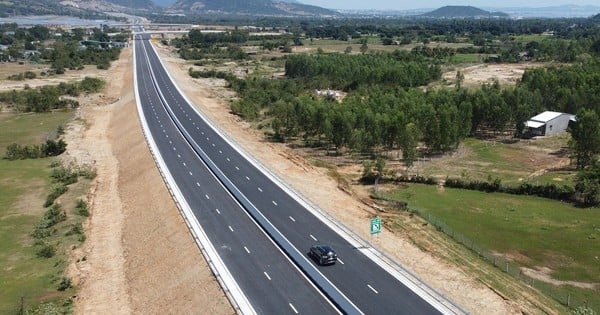



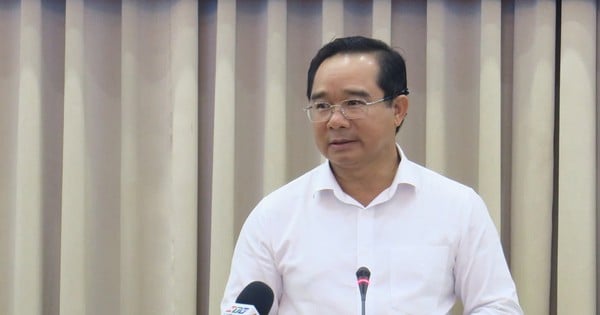









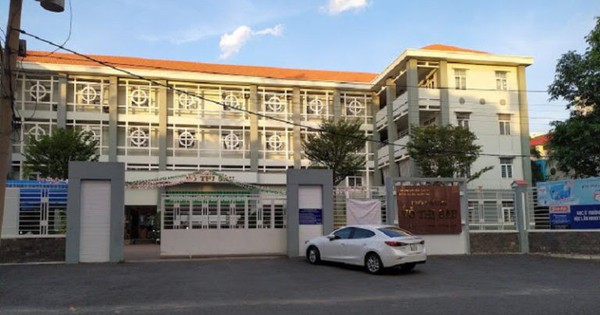













































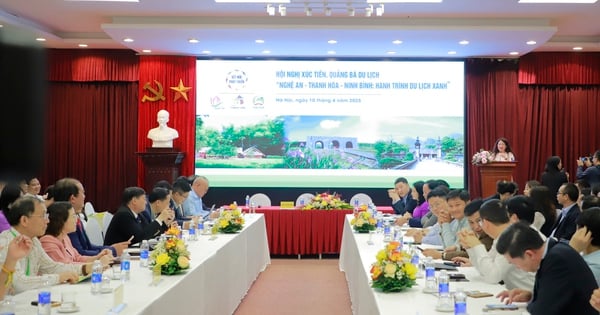



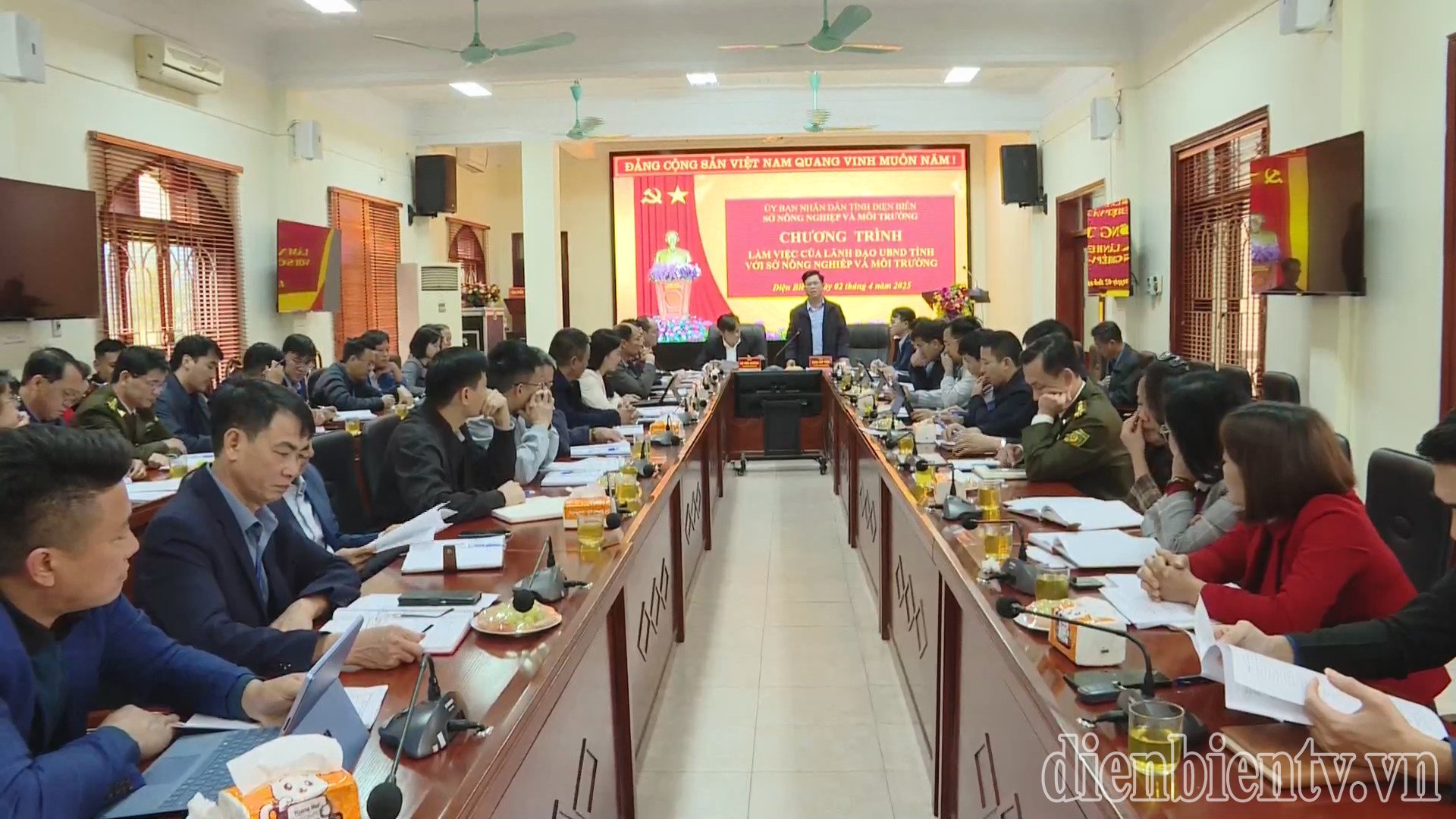
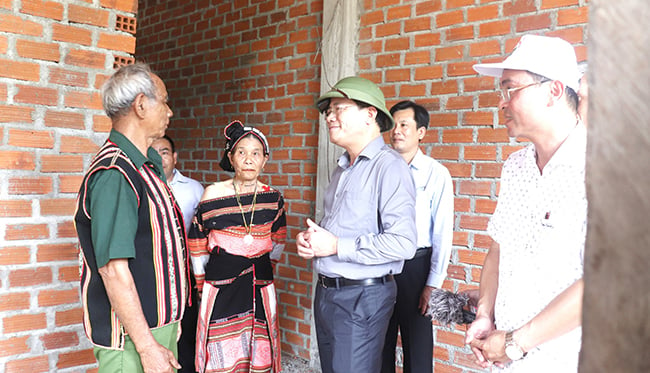
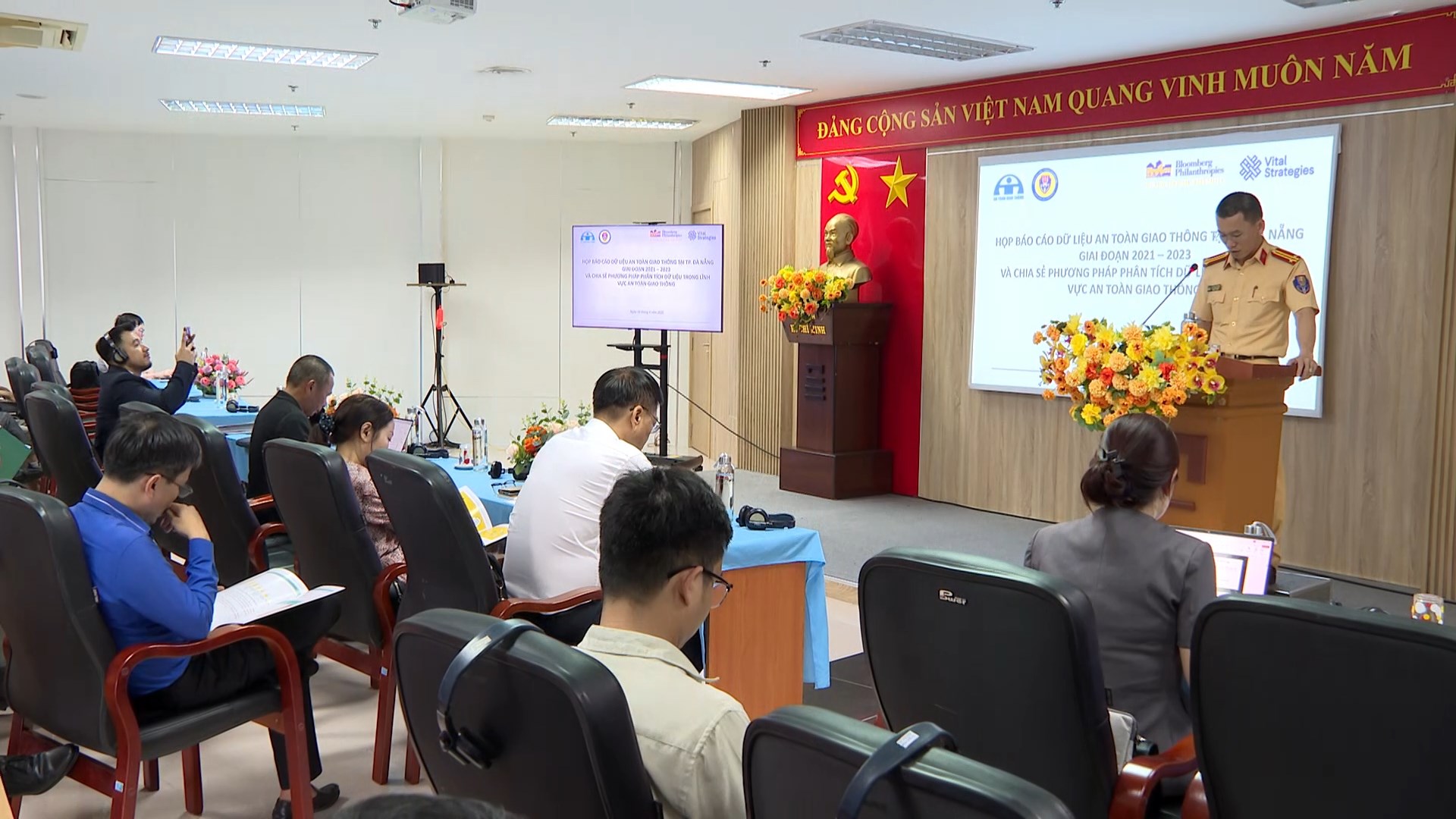

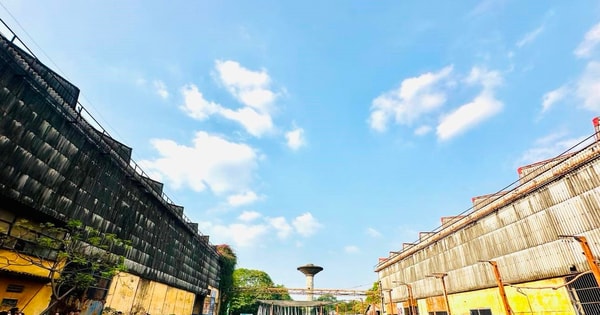

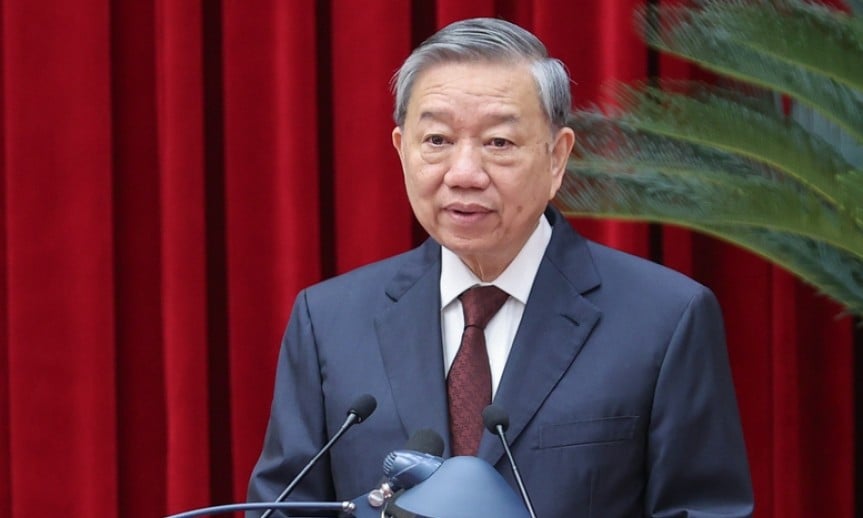







Comment (0)